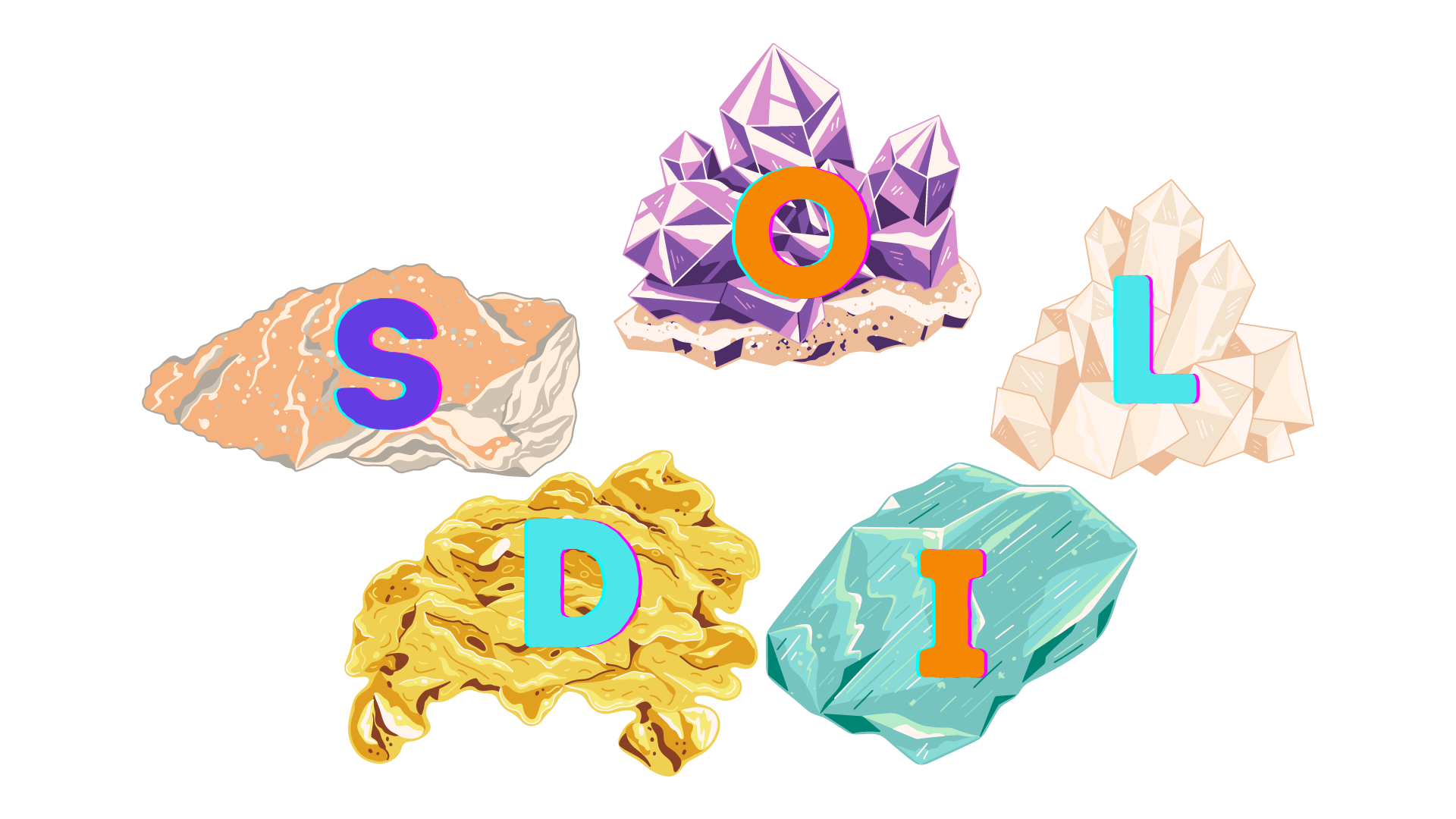Related courses
See All CoursesComputer Science vs Software Engineering
Exploring Two Sides of the Tech Coin

In the realms of technology and innovation, Computer Science and Software Engineering stand as two foundational pillars. While they share common ground, each field carves out its unique niche in the tech landscape. This article aims to explore these differences and synergies in depth.
Computer Science: The Realm of Theoretical Exploration
Computer Science is the core scientific discipline underpinning the technology world. It’s like the theoretical physics of computing, focusing on understanding the 'why' and 'how' at a fundamental level. Key areas of study include:
- Algorithms and Data Structures: Here, the focus is on the logic behind solving problems. How do we sort information quickly? What’s the most efficient way to search through data? These questions lie at the heart of Computer Science.
- Computational Theory: This is about understanding the boundaries of what can be done with computations. It explores the capabilities and limitations of algorithms and computing machines.
- Artificial Intelligence: AI in Computer Science isn’t just about building smart machines; it’s about understanding the essence of intelligence and how it can be replicated in a computer.
Software Engineering: Practical Solutions to Real-World Problems
Software Engineering, conversely, is the application of engineering principles to software development. It’s less about theoretical discovery and more about creating practical, reliable software. Key aspects include:
- Coding and Programming: This is the bread and butter of Software Engineering. It involves writing code in various programming languages to build software.
- Software Tools and Technologies: Software engineers must be adept in using modern development tools and technologies, from databases to development frameworks.
- Project Management: Unlike Computer Scientists, Software Engineers often have to manage projects, which involves timelines, budgets, and coordinating teams.
Run Code from Your Browser - No Installation Required

Deciding on a Degree
When choosing an academic path, it’s essential to understand the focus of each degree. A Computer Science degree will delve deeper into the theoretical aspects of computing, while a Software Engineering degree is more about practical application and the process of software creation.
Career Opportunities
Graduates in Computer Science often find themselves in research and development, working on new computational methods or technologies. Software Engineering graduates are more likely to be found in the trenches of software development, building and maintaining systems and applications.
Key Skills for Computer Scientists
- Mathematical Skills: A strong foundation in mathematics is essential for understanding complex algorithms and computational theories.
- Analytical Thinking: Computer Scientists need to be able to think abstractly about algorithms and systems.
- Research Skills: They often contribute to academic research, requiring proficiency in research methodologies.
Start Learning Coding today and boost your Career Potential

Essential Skills for Software Engineers
- Programming Languages: Knowledge of languages like Java, Python, or C++ is fundamental.
- Understanding of Software Development Life Cycle (SDLC): This includes everything from requirements gathering to system design, implementation, testing, and maintenance.
- Collaboration Skills: Since software development is usually a team effort, being able to work well with others is critical.
The Intersection of Computer Science and Software Engineering
While distinct, these fields are not mutually exclusive. Theoretical advancements in Computer Science can lead to better software development methods. Similarly, challenges in Software Engineering can inspire new areas of research in Computer Science.
FAQs
Q: Is a background in mathematics essential for both fields?
A: Mathematics is more crucial in Computer Science for understanding theoretical concepts. In Software Engineering, basic mathematical knowledge is sufficient for most roles.
Q: What programming languages should I learn for each field?
A: For Computer Science, languages that reinforce understanding of algorithms and data structures, like Python or Java, are beneficial. In Software Engineering, it depends on the industry but typically includes languages like Java, C#, JavaScript, and Python.
Q: Can I switch career paths between Computer Science and Software Engineering?
A: Yes, it’s possible to switch between these fields. Many skills are transferable, though additional learning might be required for specialized roles.
Q: Which field is more in demand in the job market?
A: Both fields have strong demand, but Software Engineering tends to have more immediate job openings due to the ongoing need for software development across industries.
Q: What are the differences in work environments between the two fields?
A: Computer Science roles often involve more research and theoretical work, possibly in academic or research institutions. Software Engineering roles are typically more focused on application development in a variety of industries.
Related courses
See All CoursesThe SOLID Principles in Software Development
The SOLID Principles Overview
by Anastasiia Tsurkan
Backend Developer
Nov, 2023・4 min read

30 Python Project Ideas for Beginners
Python Project Ideas
by Anastasiia Tsurkan
Backend Developer
Nov, 2023・5 min read

Top 10 Mistakes Every Programmer Makes
Navigating the Complexities of Java Programming
by Daniil Lypenets
Full Stack Developer
Dec, 2023・8 min read

Content of this article